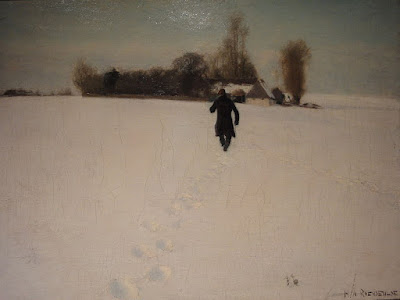ESR's Stephen Angell delivered the following message during worship on September 6, 2016:
Although
Paul’s epistle to Philemon is one of the Scriptural texts suggested by the
Revised Common Lectionary for this week, I have never heard a sermon given on
this text. This provoked me to think about what I, or the broader Christian
church, might be missing by not hearing more sermons on Philemon.
 |
| Charles Colcock Jones [Public domain], via Wikimedia Commons |
The
evangelical Presbyterian Charles Colcock Jones (1804-1863) was, according to American National Biography Online, “a
wealthy planter … best known during his lifetime as a tireless worker for the
evangelization of African-American slaves. … Hundreds [of slaves] joined one of
his churches [in Liberty County, near the Georgia sea coast.] … Though he was
frequently sought out for advice and counsel, slaves never forgot that Jones
was a slaveholder and their response was always filtered through that reality.”
Once,
possibly in the 1830s or 1840s, Jones chose the text of Philemon for his open
air church service for slaves. This choice of text did not inspire a favorable
response from his audience. According to Jones (as recorded in his diary), “When I
insisted on fidelity and obedience as Christian virtues in servants and, upon
the authority of Paul, condemned the practice of running away, one half of my audience deliberately rose up and
walked off with themselves, and those who remained looked anything but
satisfied, either with the preacher or his doctrine. After dismission, there
was no small stir among them; some solemnly declared that there was no such
Epistle in the Bible; others, that they did not care if they ever heard me
preach again.”
(That’s questionable exegesis
– Paul uses the word “obedience” once in this epistle, in verse 21, and it is
applied to Philemon. Paul is hoping for Philemon’s obedience. He mentions
nothing about Onesimus’ obedience.)








